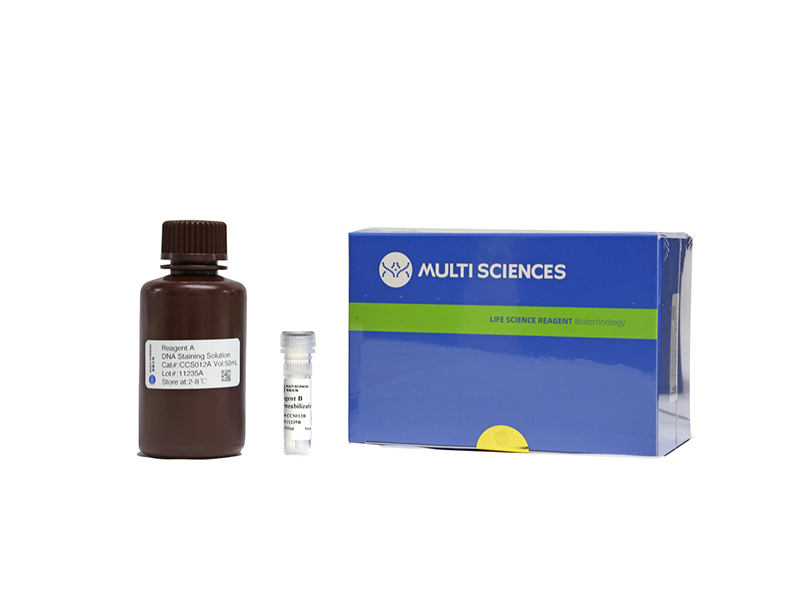Purpose:6-Shogaol, an active phenolic compound from ginger (Zingiber officinale), can inhibit the growth of a variety of human cancer cells. Nevertheless, its underlying molecular mechanisms in cervical cancer remain unclear. In this study, we systematically examine the inhibitory effect of 6-shogaol on cervical cancer in vitro and in vivo.
Methods:Cell proliferation was assessed by CCK8 assay and colony formation assay in HeLa and SiHa cells. We analyzed cell cycle and apoptosis through flow cytometry. GFP-LC3 puncta and transmission electron microscopy were used to observe autophagic bodies. Wound-healing assay and transwell assay were used for evaluating the migration of cells. Western blot was applied to detect protein expression levels.
Results:6-Shogaol could suppress cell proliferation and migration, cause cell cycle arrest in the G2/M phase in HeLa and SiHa cells. Moreover, 6-shogaol triggered the apoptosis process through the mitochondrial pathway by downregulating the expression levels of p-PI3K, p-Akt and p-mTOR. Further research indicated that the induction of apoptosis by 6-shogaol was remarkably decreased after the treatment of ROS scavenger and PI3K agonist. Additionally, 6-shogaol increased the number of LC3-positive puncta and autophagic bodies per cell in both HeLa and SiHa cells. Pretreatment of cells with Bafilomycin A1, an autophagy inhibitor, accelerated 6-shogaol mediated cell apoptosis, suggesting that induction of autophagy by 6-shogaol is suppressive to apoptosis. Furthermore, in vivo data revealed that 6-shogaol significantly inhibited tumor growth and cell proliferation in tumor tissues.
Conclusion:These findings suggested that 6-shogaol could be developed as a functional food ingredient, which is potentially used as therapeutic agents for patients with cervical cancer.
文章引用产品列表
-
- CCS012 1190 Citations
- 周期试剂盒
Cell Cycle Staining Kit 细胞周期检测试剂盒
- ¥390.00



